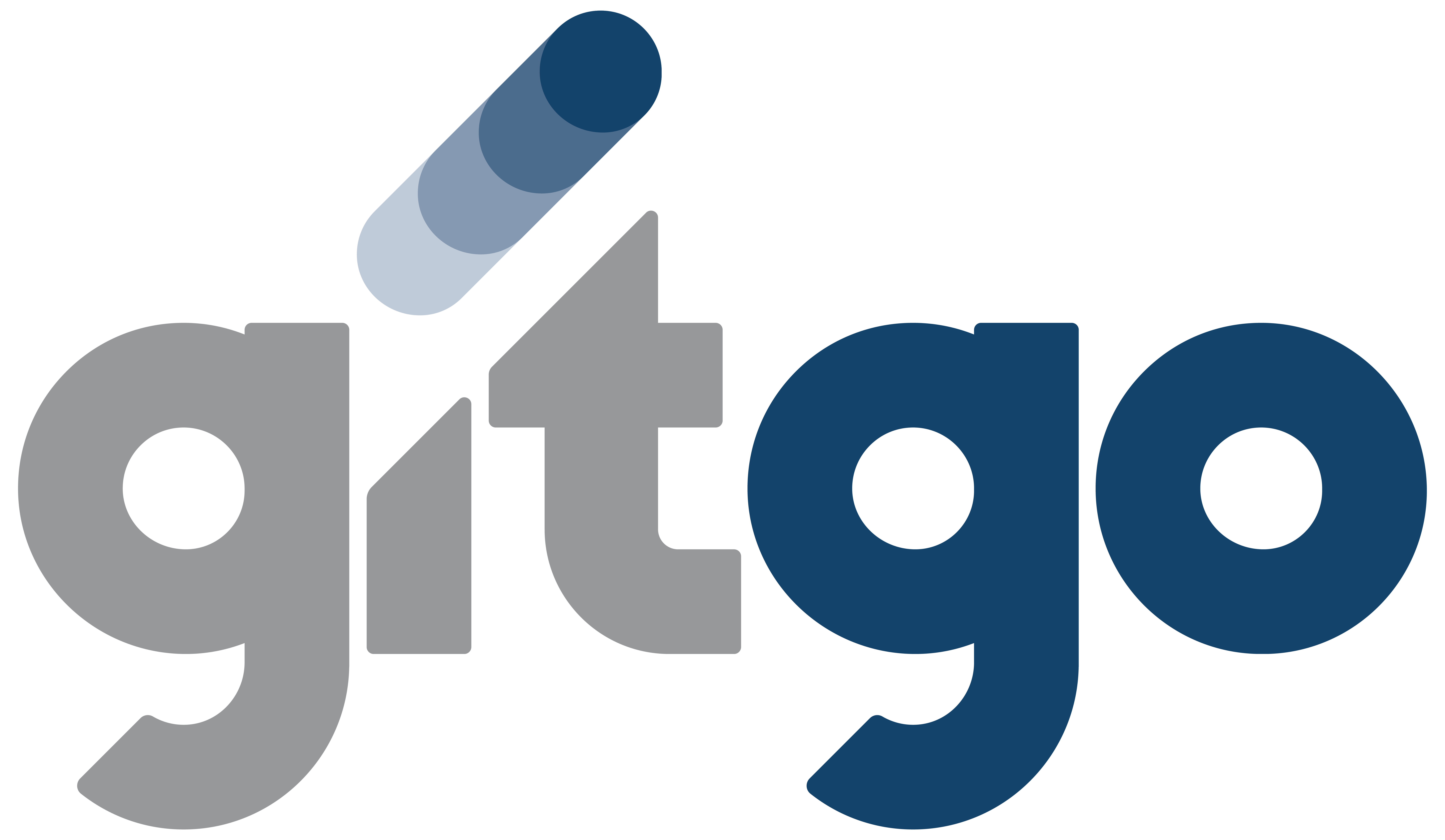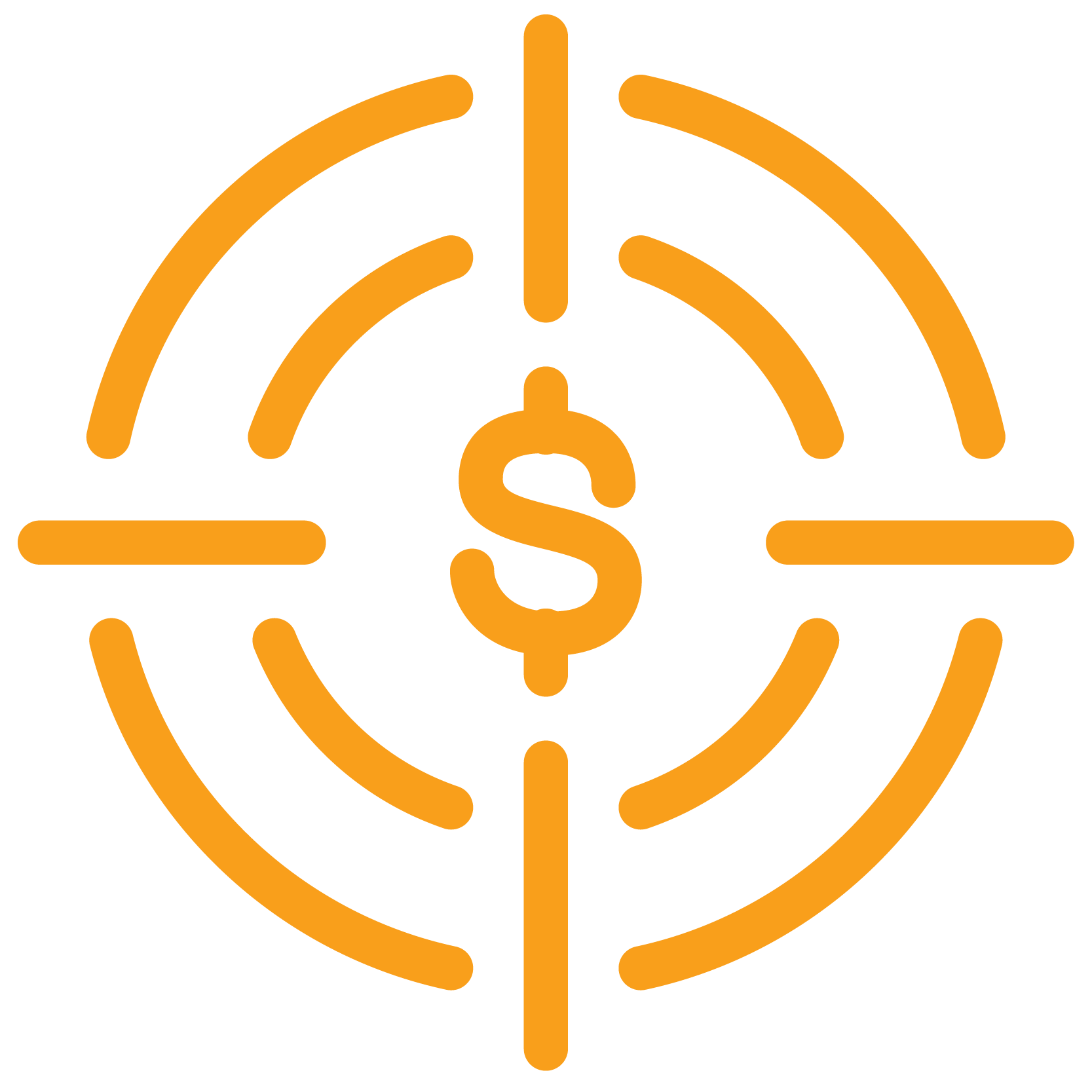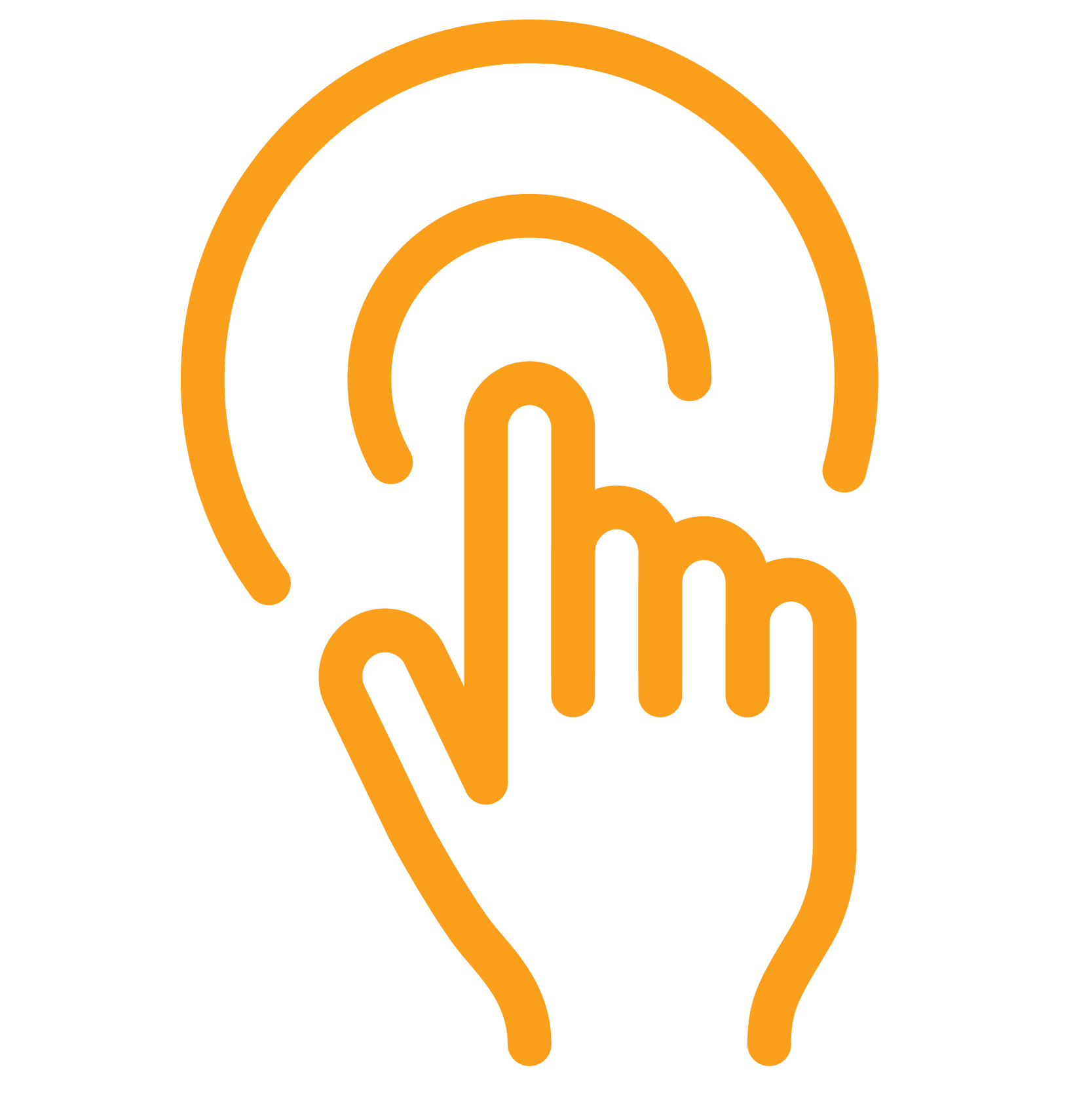Every sales team needs to track the most important sales metrics. B2B sales is changing. Everything from the way buyers’ research and source new hotel partners to the impact of social media makes a review of the most important metrics so important.
I really like the following trackable metrics for hotel sales teams to measure their impact in the new B2B Selling Model
1. Lead to Marketing Qualified Lead Conversion Rate – this tracks from the raw data of contact information to a “marketing qualified” lead, which means the lead is qualified for “fit” and “interest”.
2. Lead to Sales Qualified Lead Conversion Rate – this tracks from raw data of contact information to a “sales qualified” lead, which means the lead is qualified for “fit”, “interest” and “timing of their next opportunity”.
3. Lead to Opportunity Conversion Rate – this tracks the beginning of opportunity management, and measures from the raw data of contact information to an “opportunity” meaning a specific piece of business that a hotel sends a proposal to the client.
4. Opportunity Close Ratio – this tracks from the raw data of contact information to “opportunity closed, or business won”.
Following 1-4 metrics really sheds light on what it takes to build a robust sales pipeline for a particular hotel. We have a Lead Conversion Calculator™ we use at Plan B to help our customers project where to start in order to reach their ultimate sales revenue goal for the year through lead generation.
Some additional metrics that are growing in importance and cannot be ignored in today’s social selling world to the B2B Buyer:
3. Social Goodwill Activities – measures goodwill building by sales reps. We suggest building sales activity tags in the sales contact management software to track these activities in particular. The idea is that it is easier to create new opportunities when the sales team is focused on serving customers by actively helping them solve problems. Adding a metric for this makes it part of the sales culture and not just “lip service.”
4. Referrals – this is a measurement of how others view your sales managers. A referral should be tracked specifically as a referral…not a general inquiry.
5. Social Promotion – sales managers should be given social media goals. Measure how many LinkedIn updates, tweets, and Slideshare or Clearslide presentations, etc. that sales managers post. Social media platforms make it easy to track posts and activity directly in their systems, and this can be tied to a weekly/monthly goal for these activities.
6. Social Shares – this number indicates how the market views the sales manager’s expertise. The more shares, likes and comments their promotions draw, the more credibility they have within the market.
7. LinkedIn Connections with prospects/customers – it’s who you know. The more targeted connections your sales managers have, the more their content is viewed by those that matter to the hotel’s business.
Social media still scares a lot of leaders. Allowing Sales Managers autonomy to post about the business and behalf of the business may seem risky. Reality is, smart and effective hotel sales managers will use social media as a way to be competitive in their market and win. Put a social media policy in place, and allow them to run. Putting tracking metrics in place will hold the sales team accountable to take it serious and make it a part of their sales action plans.
At Plan B Consultants, Inc. we work with our hotel partners at a brand/corporate level, as well as with individual properties to ensure they have the bandwidth and efficiency to win in the B2B sales environment. Using social media sales is part of our Plan B Sales Activation™ Process!



